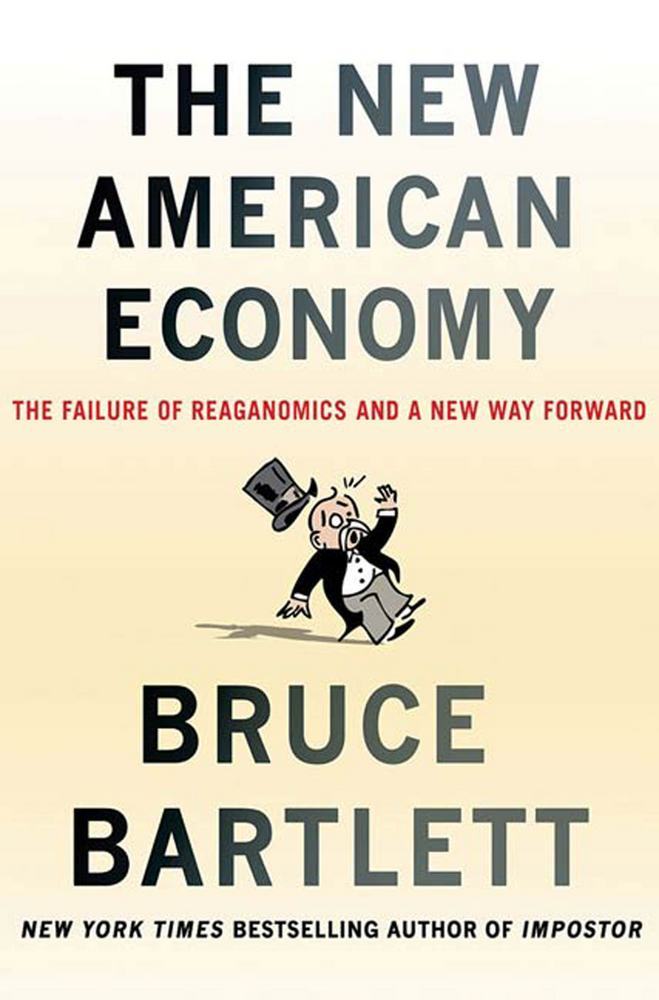Thinking that He’s Learned Keynes, He Writes the Wrong Prescription
- Post by: David P. Goldman
- April 12, 2010
The New American Economy The Failure of Reaganomics and a New Way Forward Bruce BartlettPalgrave McMillan, 2009; 266 pages; $28.00 It is a shame that John Maynard Keynes isn’t alive to defend himself against Bruce Bartlett’s praise. The great English economist, who did not suffer sycophants lightly, would have abominated posthumous ones. Bartlett has reconsidered his long association with supply-side economics and decided that he should have been a Keynesian, without, however, understanding Keynes’s views. His new book calls to mind the joke about the Chinese waiter in a kosher restaurant who speaks perfect Yiddish; the owner explains, “He thinks he’s learning English.” The Great Depression occurred, Bartlett informs us, because the Roosevelt Administration failed to follow Keynes’s counsel, that is, to increase the money supply fast enough to prevent deflation and raise government spending to support monetary expansion. Today, Bartlett adds, the government is spending too much money and should increase revenue through a value-added tax in order to reduce federal deficits. Raising taxes in the middle of a severe recession is a brave position, but in Bartlett’s case a badly argued one. What Keynes understood quite well, but Bartlett doesn’t seem to grasp, is that the model he put forward in his 1936 General Theory was a short-run model of a closed economy. If savings cannot find an outlet in investment and a liquidity trap forms, Keynes argued, the government should provide the investment by running a deficit. Today America suffers from the culmination of long-term problems in the context of a highly integrated world economy. Considering the problem that Keynes posed on a global scale rather than within the mythical framework of a closed economy, the matter looks quite different. Robert Mundell of Columbia University won the Nobel Prize in 1999 for doing just that. Mundell, as Bartlett observes, also fathered the supply-side econom
Categories:

